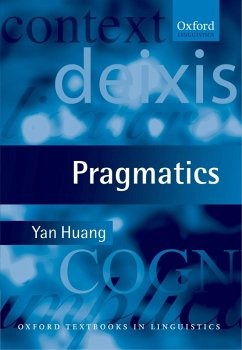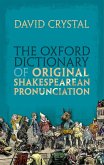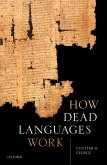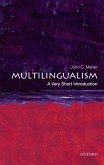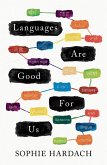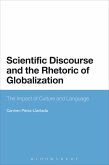This introduction to pragmatics - the study of language in use - provides an authoritative and comprehensive account of its central topics and a guide to the latest research. It opens with a discussion of the scope, meaning, and history of pragmatics from Aristotle to the present. It shows how the subject relates to the study of semantics, syntax, and sociolinguistics and to such fields as the philosophy of language, linguistic anthropology, and artificial intelligence. The remainder of the volume is divided into two parts. Part I begins with an account of classical and neo-Gricean theories of conversational and conventional implicature. It considers presupposition and speech act theory, and describes the different kinds of deixis. Part II explores some of the most productive current work in the subject, much of it at the interface between pragmatics and other core areas of inquiry. It looks at the pragmatics-cognition interface and relevance theory before examining the interfaces between pragmatics and semantics and pragmatics and syntax. Professor Huang illustrates his lively account with examples drawn from English and a wide range of the world's languages. He includes exercises and essay topics at the end of each chapter, and offers guidance and suggested solutions at the end of the volume. He provides a full glossary of terms and guides to further reading. This is the ideal textbook for students of linguistics. It will also be a valuable resource for scholars and students of language in philosophy, psychology, anthropology, and computer science.
Dieser Download kann aus rechtlichen Gründen nur mit Rechnungsadresse in A, B, BG, CY, CZ, D, DK, EW, E, FIN, F, GR, HR, H, IRL, I, LT, L, LR, M, NL, PL, P, R, S, SLO, SK ausgeliefert werden.

